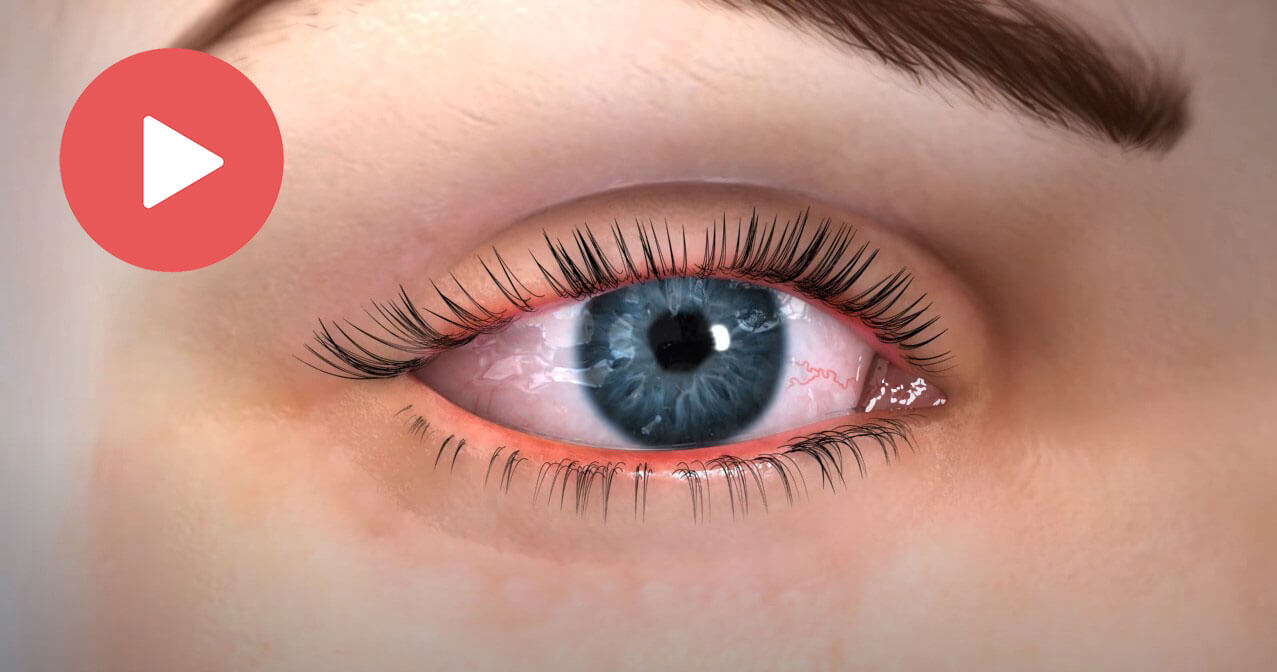All Categories
Featured
We commonly become aware of shielding our skin from unsafe ultraviolet (UV) rays, but did you know that UV exposure can likewise significantly influence your eye health and wellness? Whether you're outdoors on a sunny day or perhaps during over cast climate, your eyes are continuously subjected to UV radiation. Prolonged exposure can enhance the threat of numerous eye conditions, a few of which may bring about long-term vision damage. Comprehending the results of UV rays on your eyes and exactly how to protect them is vital for maintaining long-lasting eye wellness.
Sorts Of UV Rays. UV rays are classified right into 3 kinds:
UVA Rays: These rays penetrate deep right into the skin and can also impact the inner layers of the eyes. UVB Rays: These rays mainly trigger damages to the skin's surface however can additionally damage the cornea and lens of the eye. UVC Rays: While these are one of the most unsafe, they are largely taken in by the Earth's environment and don't reach the surface area. Both UVA and UVB rays are hazardous to your eyes, and with time, exposure can lead to severe eye conditions.
Short-Term Impacts of UV Direct Exposure. Also brief direct exposure to extreme UV rays can lead to prompt eye damage. A typical temporary problem is photokeratitis, commonly described as "sunburn of the eye." Symptoms of photokeratitis include:
Soreness and irritation. Level of sensitivity to light. Tearing or watery eyes. A sandy sensation, as if something is embeded your eye. While the symptoms of photokeratitis are temporary and generally resolve within a day or 2, repeated events can have advancing effects on your vision.
Long-Term Impacts of UV Direct Exposure. Persistent UV exposure can add to a number of major eye conditions, consisting of:
Cataracts: Over time, UV rays can create clouding of the eye's lens, leading to cataracts, among the leading root causes of loss of sight worldwide.
Macular Deterioration: Prolonged UV direct exposure can harm the retina, particularly the macula, leading to age-related macular degeneration (AMD), which influences main vision.
Pterygium: Additionally recognized as "web surfer's eye," this problem entails the growth of a fleshy cells on the white component of the eye, which can expand over the cornea and effect vision.
Skin Cancer Cells Around the Eyes: The delicate skin around the eyes is susceptible to UV radiation, enhancing the threat of skin cancer cells, such as basal cell carcinoma.
Pinguecula: UV exposure can likewise result in yellowish deposits on the conjunctiva, which can trigger irritability and pain.
Just How to Secure Your Eyes from UV Rays. Use Sunglasses with UV Security: Always select sunglasses labeled as obstructing 100% of UVA and UVB rays. Wrap-around styles supply extra defense by obstructing UV rays from the sides.

Use a Wide-Brimmed Hat: Hats with a broad brim can minimize UV direct exposure by approximately 50%, using additional insurance coverage for your eyes and face.
Avoid Top Sun Hours: UV rays are strongest in between 10 a.m. and 4 p.m. Restricting your outside activities during these hours can aid decrease exposure.
Do Not Ignore Youngsters: Children's eyes are more conscious UV rays, so guarantee they wear sunglasses and hats when outdoors.
Wear UV-Blocking Get In Touch With Lenses: If you put on calls, ask your eye treatment company concerning UV-blocking lenses for included security.
Stay Protected Year-Round: UV damage isn't limited to summer season; rays can reflect off surfaces like water, sand, and snow, making eye security needed all year.
Final thought. Protecting your eyes from UV rays is crucial to preserving your vision and total eye health and wellness. The impacts of UV exposure might not always be immediate, but they can accumulate over time, causing significant problems. By taking easy safety measures like putting on UV-protective sunglasses, limiting direct exposure during peak hours, and routinely going to an eye care expert, you can guard your eyes from the hazardous results of UV radiation. Remember, your eyes are irreplaceable-- take steps to protect them today.
Latest Posts
Why Chicago Drivers Trust Montclare Auto Repair for Dependable Service and Significant Savings
Explore Special Auto Repair Specials in Chicago at Montclare Auto Repair
Explore the Leading Auto Repair Discounts in Montclare, Chicago
More
Latest Posts
Why Chicago Drivers Trust Montclare Auto Repair for Dependable Service and Significant Savings
Explore Special Auto Repair Specials in Chicago at Montclare Auto Repair
Explore the Leading Auto Repair Discounts in Montclare, Chicago